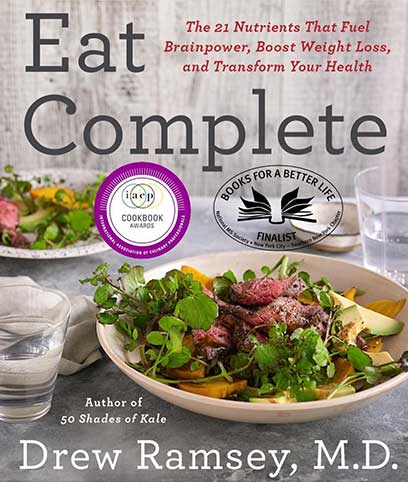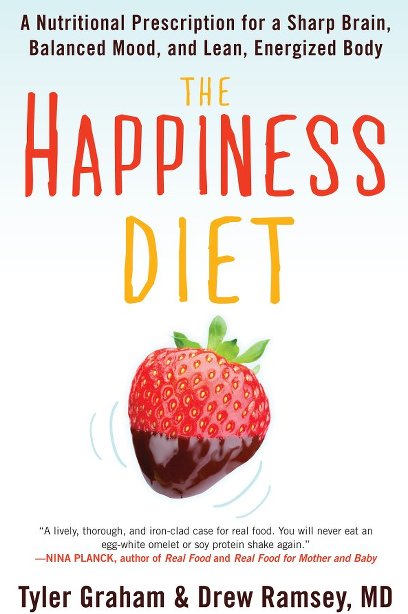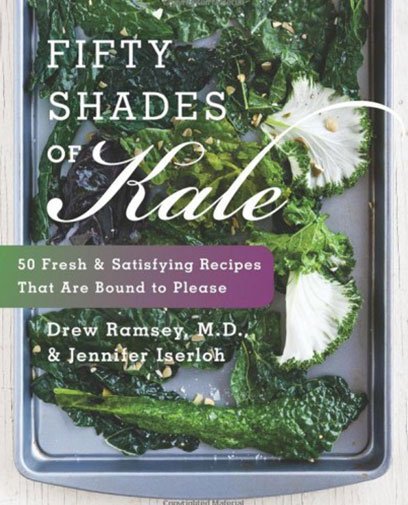| Authors | AA Welch, S Shakya-Shrestha , MA Lentjes, NJ Wareham, KT Khaw |
| Institution | School of Medicine Health Policy and Practice, University of East Anglia, Norwich, UK |
| Publication Name | American Journal of Clinical Nutrition |
| Publication Date | March 2011 |
BACKGROUND:
Intakes of n-3 (omega-3) polyunsaturated fatty acids (PUFAs) are important for health. Because fish is the major source of eicosapentaenoic acid (EPA) and docosahexaenoic acid (DHA), non-fish-eaters may have suboptimal n-3 PUFA status, although the importance of the conversion of plant-derived α-linolenic acid (ALA) to EPA and DHA is debated.
OBJECTIVE:
The objective was to determine intakes, food sources, and status of n-3 PUFAs according to dietary habit (fish-eaters and non-fish-eating meat-eaters, vegetarians, or vegans) and estimated conversion between dietary ALA and circulating long-chain n-3 PUFAs.
DESIGN:
This study included 14,422 men and women aged 39-78 y from the EPIC (European Prospective Investigation into Cancer and Nutrition)-Norfolk cohort with 7-d diary data and a substudy in 4902 individuals with plasma phospholipid fatty acid measures. Intakes and status of n-3 PUFAs were measured, and the product-precursor ratio [corrected] of ALA to circulating n-3 PUFAs was calculated.
RESULTS:
Most of the dietary intake of EPA and DHA was supplied by fish; however, meat was the major source in meat-eaters, and spreading fats, soups, and sauces were the major sources in vegetarians. Total n-3 PUFA intakes in non-fish-eaters were 57-80% of those in fish-eaters, but status differences were considerably smaller [corrected]. The estimated product-precursor ratio [corrected] was greater in women than in men and greater in non-fish-eaters than in fish-eaters.
CONCLUSIONS:
Substantial differences in intakes and in sources of n-3 PUFAs existed between the dietary-habit groups, but the differences in status were smaller than expected, possibly because the product-precursor ratio [corrected] was greater in non-fish-eaters than in fish-eaters, potentially indicating increased estimated conversion of ALA. If intervention studies were to confirm these findings, it could have implications for fish requirements.








